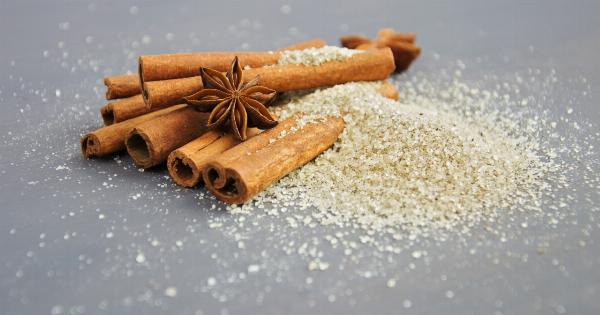Cholesterol testing is a crucial part of routine healthcare for many individuals. Blood work helps healthcare providers gauge an individual’s overall health and well-being.
However, many people wonder if they can eat something before having their cholesterol measured. In this article, we will address this question and provide you with some clarity on when and what you can eat before testing.
What is cholesterol?
Cholesterol is a soft, waxy substance that our bodies require to perform various functions. It aids in building cell membranes, creating hormones and vitamin D, and digesting food.
Cholesterol is produced in the liver and also found in animal products such as meat, eggs, and dairy.
Why is cholesterol measured?
Cholesterol levels are measured to help assess an individual’s risk of heart disease and stroke.
High levels of cholesterol in the blood can cause plaque build-up within the arteries, hindering blood flow and risking heart attacks, strokes, or other cardiovascular diseases. Cholesterol tests typically involve blood work and can be performed in a doctor’s office or laboratory.
What are the different types of cholesterol?
There are two primary types of cholesterol, namely low-density lipoprotein (LDL) and high-density lipoprotein (HDL).
LDL is often referred to as ‘bad’ cholesterol and is associated with an increased risk of heart disease and stroke when elevated in the blood. HDL is considered ‘good’ cholesterol and protective of cardiovascular disease when it is found at healthy levels.
Can I eat before having my cholesterol measured?
Before measuring your cholesterol levels through blood work, you may be wondering if you need to fast before the tests. The answer depends on the specific test you are performing.
A fasting blood test is one where an individual has no food or drink other than water for nine to twelve hours before blood is taken. This is necessary for some cholesterol tests. A non-fasting blood test is one where an individual can eat and drink before blood is drawn, and this is acceptable for certain cholesterol assessments.
Which tests require fasting?
The following cholesterol tests require a fasting period of 9-12 hours before having blood taken:.
- Total cholesterol test
- LDL (bad) cholesterol test
- HDL (good) cholesterol test
- Triglyceride test
Which tests do not require fasting?
The following tests do not require fasting; hence an individual can eat before having blood taken:.
- Non-HDL (bad) cholesterol test
- CRP (C-reactive protein) test
What should I eat before a non-fasting cholesterol test?
You may eat before a non-fasting cholesterol test, but certain foods should be avoided in the hour or two beforehand. Eating anything heavy, such as a high-fat meal, can impact your triglyceride levels, which may affect cholesterol test results.
As such, it is recommended that you consume a light meal or snack that is low in both fats and carbohydrates. For instance, you may consider eating one serving of yogurt or a piece of fruit.
What should I eat if I need to fast?
If you are having a blood test that requires fasting, it is important to avoid any food or drink, excluding water.
However, if your fasting blood test is scheduled for the morning, it is recommended to eat a light dinner the night before to avoid hunger pangs or dizziness. Additionally, you should continue to take any prescription medication as directed by your doctor.
Conclusion
Cholesterol testing is an essential aspect of healthcare, and it is important to understand what you can and cannot eat before blood tests to get accurate results.
If you are uncertain about a specific cholesterol test’s requirements, you should consult with your healthcare provider or medical professional about the recommended preparation.




























